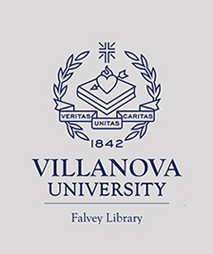The Experience of Intercultural Dialogue in the Amazonian University UCSS-Nopoki and Its Implications for SETI
##plugins.themes.bihistory.article.main##
Abstract
In 2017 two Universities of Lima (Peru), the Universidad Católica Sedes Sapientiae (UCSS) and the Univer-sidad Femenina del Sagrado Corazón (UNIFÉ), presented a project called La Vida en el Universo: Su Origen, Su Natura-leza, Su Sentido (Life in the Universe: Its Origin, Its Nature, Its Meaning), which was awarded one of the six Oxford Templeton Visiting Fellowships to Latin America offered by Oxford University and the John Templeton Foundation. The core of the project was a one-week field research about the experience of intercultural dialogue, which is being developed in the last twelve years in the UCSS Amazonian branch of Atalaya (called UCSS-Nopoki), one of the few cases in the world (maybe uniquely fully successful) of a positive interaction between cultures with very different tech-nological levels, as, on one side, our Western civilizations and, on the other side, the Amazonian original peoples hav-ing their sons studying in Nopoki. In the present paper some significant results of this research will be presented, which question the widespread skepticism about the possibility of intercultural communication, generally based on the currently dominant philosophical relativism. Furthermore, with respect to a future contact with a hypothetical extraterrestrial civilization, this experience of interaction with the “otherness”—seen from both contexts, both from the Western and the Amazonian side—can serve as a model for possible communication. In the same way, this experi-ence of intercultural relationship should demonstrate that the interaction between different civilizations, if managed properly, can have a positive impact on each of them, also helping everyone to understand better our place in the con-text of both our particular history and the “Big History” of the Universe.
##plugins.themes.bighistory.article.details##
- Authors retain copyright and grant the journal right of first publication with the work simultaneously licensed under a Creative Commons Attribution License that allows others to share the work with an acknowledgement of the work's authorship and initial publication in this journal.
- Authors are able to enter into separate, additional contractual arrangements for the non-exclusive distribution of the journal's published version of the work (e.g., post it to an institutional repository or publish it in a book), with an acknowledgement of its initial publication in this journal.
- Authors are permitted and encouraged to post their work online (e.g., in institutional repositories or on their website) prior to and during the submission process, as it can lead to productive exchanges, as well as earlier and greater citation of published work (See The Effect of Open Access).



